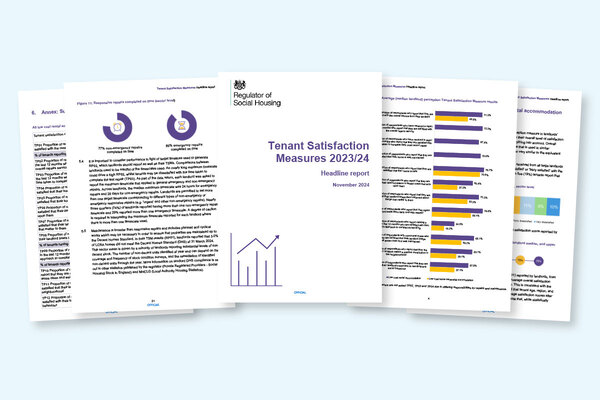You are viewing 1 of your 1 free articles
UK’s largest housing association abandons SHPS
Clarion, the UK’s largest housing association, has left the Social Housing Pensions Scheme (SHPS).
The 125,000-home association follows Radian, Genesis and Sanctuary in leaving the multi-employer scheme and transferring its share into its own pension scheme.
The move follows a prediction by consultants Lane Clark & Peacock that the deficit on the scheme would rise to £1.5bn, with contributions from associations going up 50% in line with this.
The Pensions Trust (TPT), which runs SHPS, revalued it in September last year, and Clarion immediately transferred its share into the Clarion Housing Group Pension Scheme, also managed by TPT.
As a result of leaving the scheme, Clarion’s provision for pension liability has increased by £21.6m, driving an overall £18m increase from £89.7m on 31 March 2017 to £107.7m on 30 September 2017 in provisions for liabilities and charges in the organisation as a whole.
A Clarion spokesperson said: “In order to better manage our pension liabilities for both the organisation and its employees, we have moved our SHPS [defined benefit] members into our own pension scheme within the umbrella of The Pensions Trust.
“As this is our own scheme, with no other employers involved, we can have much more influence over the way it operates and can better manage our own pensions risk and cost.”
Sam Mullock, an actuary in the housing team at First Actuarial, predicted at least three more bulk transfers from SHPS before the end of 2018.
Mr Mullock said: “Our experience is that many housing association boards are currently considering the pros and cons of a bulk transfer from SHPS.
“With the prospect of a significant increase in the funding deficit when the results from the latest actuarial valuation are released, it is to be expected that some social housing providers want greater control over how they manage their defined benefit pension costs and risks in the future – and a bulk transfer can achieve this greater control.”
Because of the high cost of transferring out of SHPS, only larger housing associations are likely to make such a move.
According to Mr Mullock, bulk transfers are generally good for the remaining associations, as they tend to precipitate an increase in the funding level of SHPS and the reduction in liabilities reduces some of the risks for remaining employers.











